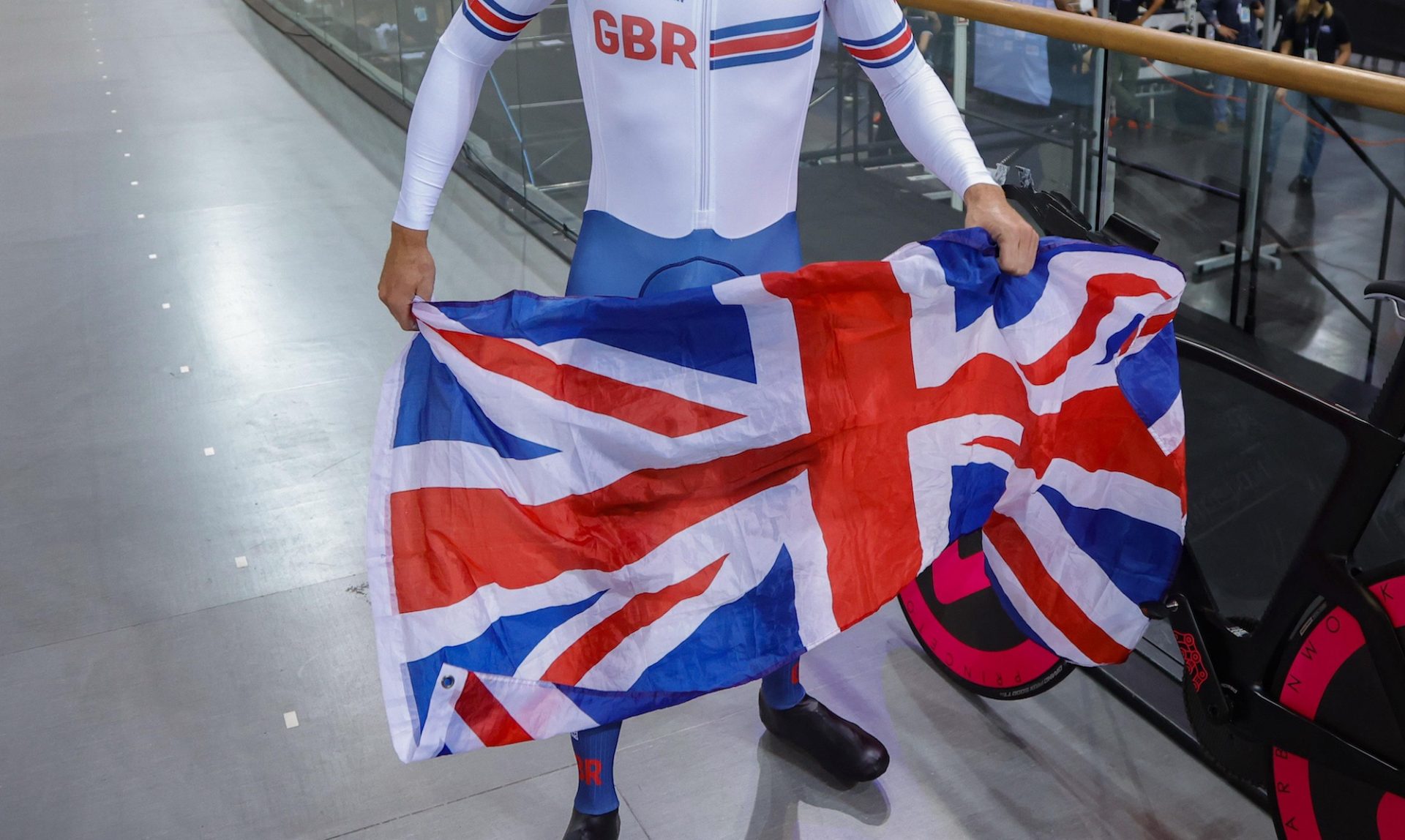Following a nine-month policy review of its Transgender and Non-Binary Participation Policy, British Cycling has banned transgender women from competing in the female category.
Instead, the governing body will implement an ‘Open’ category alongside the ‘Female’ category, with the current men’s category consolidated into the ‘Open’ category, a decision which British Cycling say is “predicated on fairness”.
Transgender women, transgender men, non-binary individuals and those whose sex was assigned male at birth will be eligible to compete in the ‘Open’ category. The ‘Female’ category will remain in place for those whose sex was assigned female at birth and transgender men who are yet to begin hormone therapy.
“At this stage they will be eligible to compete in the ‘Open’ category only, and should ensure that they continue to adhere to the requirements of UK Anti-Doping,” British Cycling said in a statement of those whose sex was assigned male at birth. “Those whose sex was assigned female at birth are also able to compete in the ‘Open’ category if they so wish.”
British Cycling’s Chief Medical Officer, Dr Nigel Jones, led a medical science review as part of the policy review, the result of which was that he was “satisfied that the evidence sufficiently indicated that the average female is at a physical performance disadvantage compared to the average male, and that therefore competitive cycling disciplines are ‘gender affected activities’ within the meaning of the Equality Act.”
Existing Race Licences held by transgender women will continue to be valid until the point at which the new policy comes into force (expected by the end of 2023), “and we are working closely with those individuals to support their continued participation in events following the change in policy,” the statement continued.
“In the case of ‘International Events’ which are delivered in the UK on behalf of the UCI (such as the UCI Track Nations Cup), or events on the UCI calendar owned and delivered by independent organisers (such as The Women’s Tour), the UCI policy on eligibility will take precedence.” The UCI’s guidelines state that trans women are allowed to compete in women’s competitions if their testosterone levels have been below 2.5 nanomoles per litre for at least 24 months.
British Cycling’s policy review was led by an internal working group made up of representatives from across British Cycling, Scottish Cycling and Welsh Cycling. A total of 14 focus groups were consulted and a number of one-to-one interviews took place, with dedicated sessions for “female Race Licence holders and trans and non-binary members”.
“I am confident that we have developed policies that both safeguard the fairness of cyclesport competition, whilst ensuring all riders have opportunities to participate,” British Cycling CEO Jon Dutton said.
Prominent British transgender cyclist Emily Bridges issued a strong statement condemning the new policy.
“I don’t even know if I want to race my bike anymore,” Bridges wrote in a statement posted on Instagram. “The danger and everything that would come with racing makes it pretty hard to justify to myself. But you have no right on telling me when I am done. This is my decision and mine alone.”
Last week, USA Cycling (USAC) sent out an anonymous survey to its members titled: “USA Cycling Survey on the UCI Transgender Eligibility Regulations.” The purpose of the survey is to be part of a process of “re-evaluating its current eligibility regulations for transgender athletes”.
The survey has been heavily criticised both by prominent members of the US cycling community and by professors who question the design and subsequent reliability of the way data is being collected.
“I am also concerned about the way in which I see data being collected, interpreted, and used,” Kim Coleman, Ph.D, an Assistant Professor at State University of New York – Plattsburgh told Bicycling. “Let me be clear: I do not think a survey should be used to collect votes for or against any vulnerable group, but I do think it is important that we understand perceptions of transgender participation in cycling.”
What did you think of this story?

